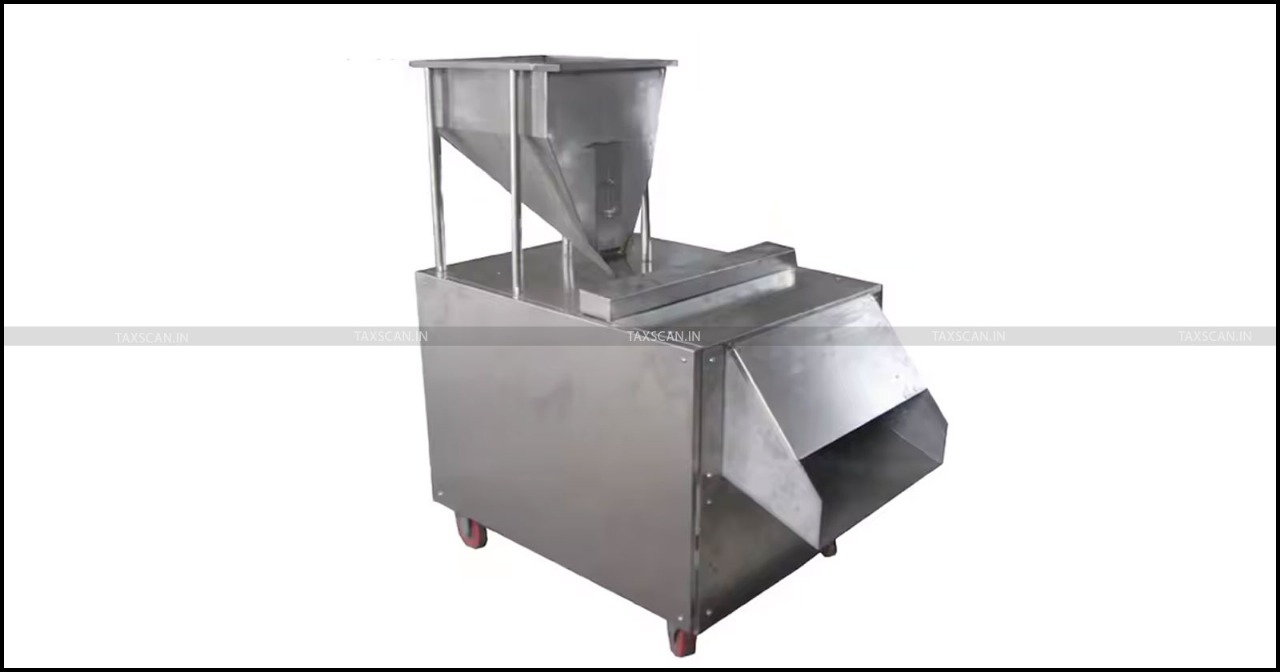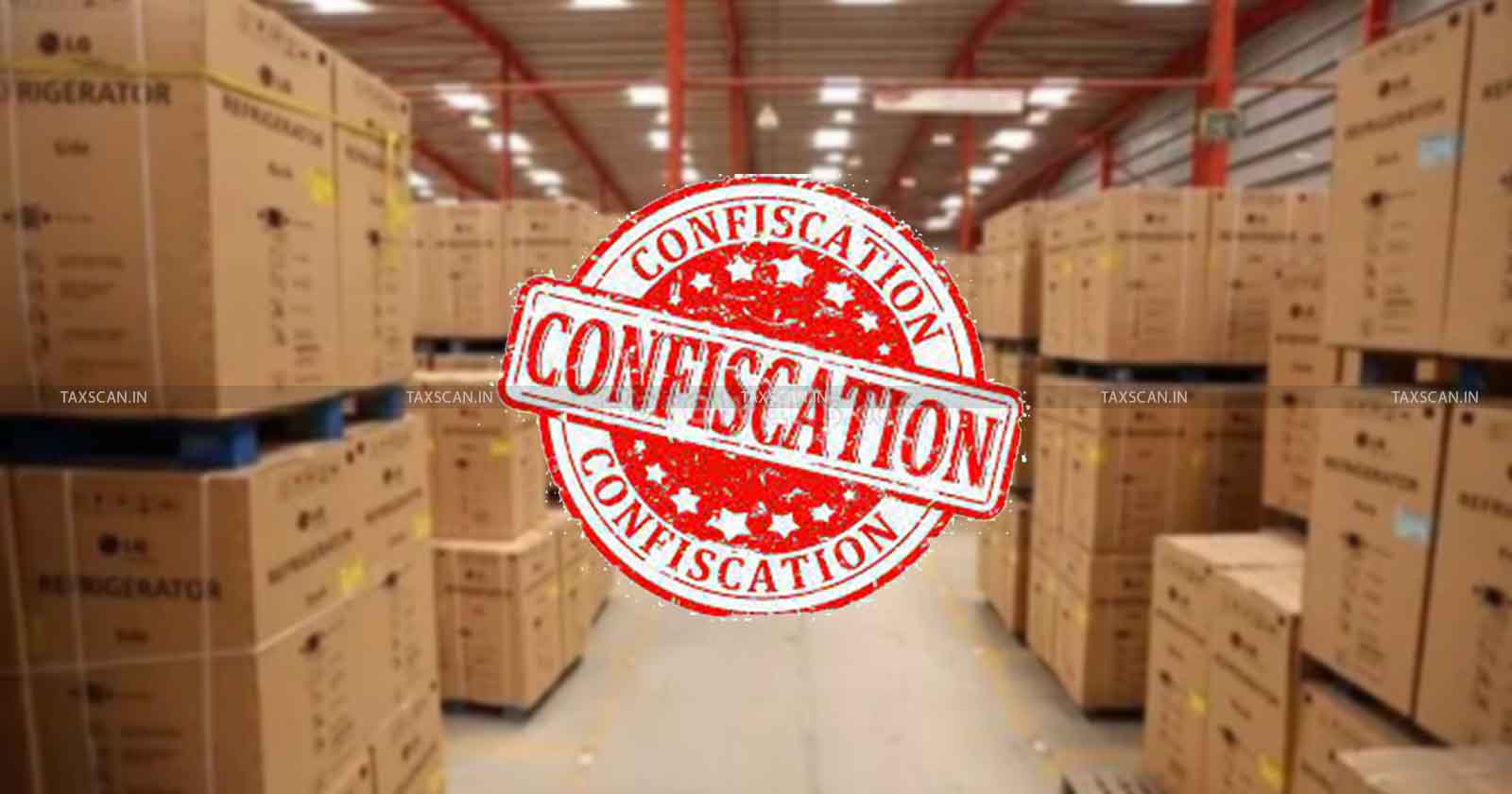MoU proves Taxpayer’s Active Role in Managing EOU: CESTAT upholds Penalty for Clandestine Removal of Goods [Read Order]
CESTAT upheld a penalty based on an MoU showing the appellant’s active role in duty evasion by a 100% EOU
![MoU proves Taxpayer’s Active Role in Managing EOU: CESTAT upholds Penalty for Clandestine Removal of Goods [Read Order] MoU proves Taxpayer’s Active Role in Managing EOU: CESTAT upholds Penalty for Clandestine Removal of Goods [Read Order]](https://images.taxscan.in/h-upload/2025/07/23/2067975-mou-proves-taxpayers-active-role-in-managing-eou-taxpayers-active-role-in-managing-eou-taxscan.webp)
The Ahmedabad Bench of the Customs, Excise, and Service Tax Appellate Tribunal (CESTAT) ruled that a Memorandum of Understanding (MoU) and related evidence proved the appellant’s active involvement in the affairs of a 100% Export Oriented Unit (EOU) and upheld the penalty imposed for clandestine removal of goods.
Surendra B. Verma, the appellant, was penalized under Rule 26 of the Central Excise Rules, 2002, for his role in managing Karnavati Garments and Mattresses, a 100% EOU located in Umbergaon. The unit was found to have clandestinely removed finished goods without payment of duty and diverted them into the domestic market.
The department carried out a search on 14.02.2003, during which shortages in stock were found. The unit’s manager admitted that goods were removed without payment of duty under the instructions of Surendra B. Verma. The department recorded statements and issued a show cause notice proposing penalties.
 Also Read:No Countervailing Duty on Areca Nut Processing Machines Imported for Pan Masala Production: CESTAT [Read Order]
Also Read:No Countervailing Duty on Areca Nut Processing Machines Imported for Pan Masala Production: CESTAT [Read Order]
Understanding Common Mode of Tax Evasion with Practical Scenarios, Click Here
The appellant’s counsel argued that he had no legal standing in the unit because no formal power of attorney was ever filed with the department. They submitted that the MoU dated 22.11.2001 cited by the department was a private document never submitted to any authority and therefore lacked legal validity. They argued that he was not responsible for the day-to-day operations or any duty evasion.
The revenue counsel argued that the appellant, along with others, was actively involved in managing the unit and making business decisions. The department relied on the MoU, the appellant’s statements, and other material to establish his role in the diversion of goods.
 Also Read:Temporary Storage Outside Bonded Area is Not Unauthorized Removal: CESTAT Quashes Customs Confiscation and Penalty [Read Order]
Also Read:Temporary Storage Outside Bonded Area is Not Unauthorized Removal: CESTAT Quashes Customs Confiscation and Penalty [Read Order]
The single-member bench comprising Dr. Ajaya Krishna Vishvesha (Judicial Member) observed that the MoU, though submitted later, clearly showed the business understanding and shared profits between the appellant and his associates. The appellant's own statements confirmed that he and Shyamlal Bihani operated the business while the named proprietor was only for show.
Understanding Common Mode of Tax Evasion with Practical Scenarios, Click Here
The tribunal further observed that the penalty under Rule 26 was justified, as the appellant had knowingly participated in the evasion of central excise duty by diverting goods into the domestic market and fabricating export documents.
The tribunal also addressed the appellant’s contention that the show cause notice was adjudicated with undue delay. It observed that there was a gap between the notice and the final order but the delay was explained and the appellant had not responded to multiple hearing opportunities.
The appeal was dismissed and the penalty of Rs. 30 lakhs imposed on the appellant was upheld.
Support our journalism by subscribing to Taxscan premium. Follow us on Telegram for quick updates


